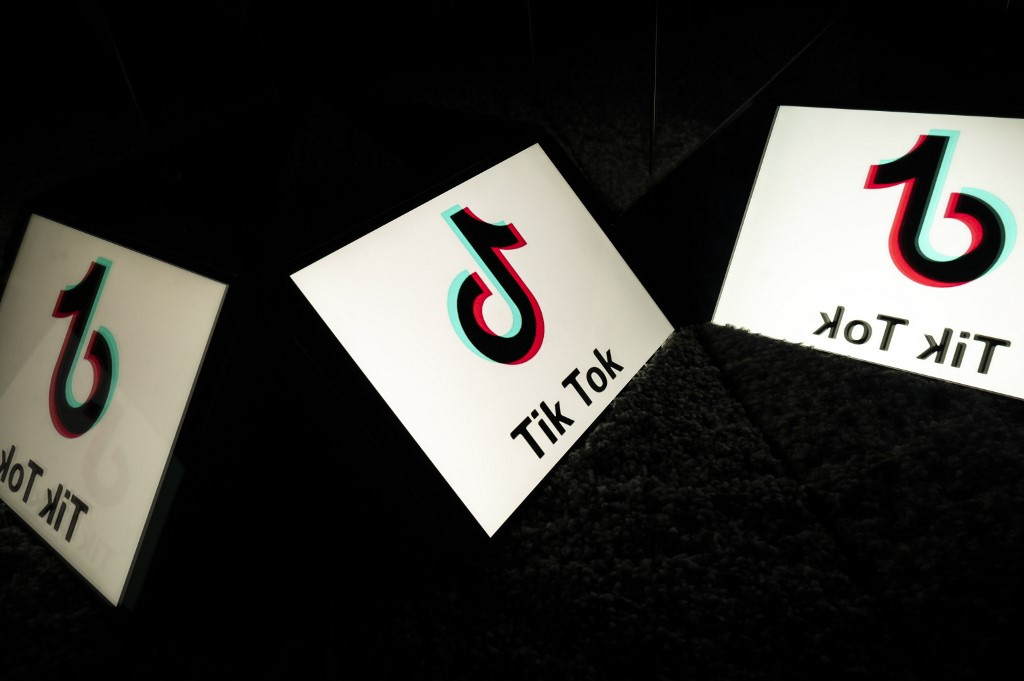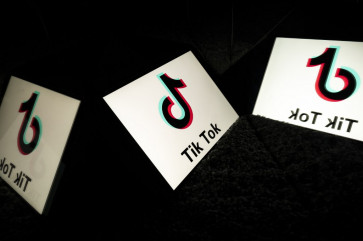Popular Reads
Top Results
Can't find what you're looking for?
View all search resultsPopular Reads
Top Results
Can't find what you're looking for?
View all search resultsWhy we need to look at TikTok to understand Southeast Asia's Gen Z
As TikTok's popularity grows among Gen Zers and more people pick up on this for targeted political campaigns, it is important to safeguard the video-sharing app from becoming a hotbed of misinformation.
Change text size
Gift Premium Articles
to Anyone
A
s the world’s most popular social media platform for Generation Z with more than 1 billion global active users (June 2019, South China Morning Post/SCMP) and more than 240 million users in Southeast Asia, according to a TikTok press release on Sept. 30, 2021, the social media platform has significantly influenced the way many Gen Zers communicate, think and understand the world.
Southeast Asia is no exception to this global and viral TikTok wave and so far, the video-sharing app has not faced direct regulatory threats in the region, although it is banned in several countries, such as China and India.
There are both risks and opportunities in this, as discovered by a 2021 TechCamp alumni project. The project, the first of its kind in Southeast Asia, aimed to understand the information flow on TikTok for Gen Zers in Malaysia, Indonesia and the Philippines.
Based on interviews with TikTok creators, the platform offers powerful editing features that make it the easiest way to produce creative and engaging content in comparison to other popular social media platforms. It has empowered them to use their imagination to create something different to bring fun and joy to their virtual community, from posting cultural stories during festive seasons to starting new trends that could easily go viral.
Taking full advantage of the newer features on TikTok has helped creators connect with fellow Gen Zers and keep up-to-date on generational trends and activities. This has cemented a very dominant position and strong brand recognition for TikTok among Gen Zers, especially during the global pandemic, when many relied heavily on it for communicating with their peers while schools and universities were forced to close down for a substantial period of time, especially in Southeast Asia (SCMP).
To some Gen Zers, TikTok has provided a spiritual lifeboat for missing these important months of “normal life”, especially for airing grievances on certain issues. The interviewees indicated that their TikTok presence did not start off by focusing on social topics, but that this happened as a byproduct of their creative expression.
Some creators have fully utilized the platform to voice their dissatisfaction, from sharing their experience with sexual harassment to lockdown fatigue. The TikTok algorithm helps promote trending videos, and many have joined such trends in the hope of gaining viral status when voicing their own experience with such topics.


















